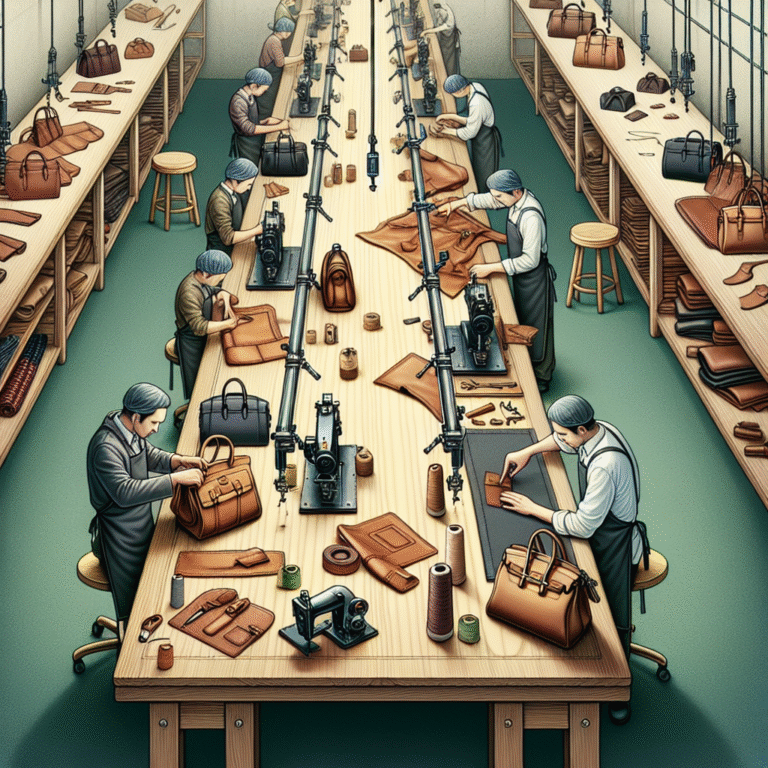Chinese manufacturers have experienced viral success on TikTok by sharing candid videos exposing the inner workings of luxury goods production, often claiming to use the same materials and craftsmanship as major brands like Hermès, Louis Vuitton, and Gucci. These videos, typically featuring factory workers or sales agents speaking directly to a Western audience, allege that well-known brands erase ´Made in China´ from their tags and underpay the skilled labor behind luxury items. Viewers are encouraged to purchase directly from the factories, promising significantly lower prices even when factoring in tariffs.
The strategy is a direct response to mounting economic pressures, including U.S. tariffs and increased competition on large e-commerce platforms such as Alibaba and Amazon. As the cost of visibility on these platforms has soared and profit margins shrunk due to global economic stagnation, more factories have turned to content creation, producing behind-the-scenes tours and manufacturing breakdowns as both a protest and a marketing plan. Platforms like DHgate have benefited from this surge: the app became the most downloaded shopping app in the U.S. in April 2024, with categories like home appliances and security tech seeing sales increases of up to 962% within a single week. Factories are seeking to bypass intermediaries and connect with U.S. consumers directly, turning TikTok into a survival strategy amid industry uncertainty.
Beyond economic motives, these social media efforts also address a need for recognition among Chinese workers and manufacturers who feel marginalized and misrepresented in global trade narratives. Viral content often captures Western curiosity with mesmerizing factory footage, sometimes sparking internet memes and catchphrases. While some creators and companies gain substantial Western followings, experts caution that large-scale shifts in consumer behavior are unlikely due to logistical hurdles and issues with authenticity, including the risk of counterfeit goods and copyright concerns. Many original videos have already been removed due to intellectual property challenges, but Chinese factories view this movement as a step toward greater autonomy, hoping to establish their own brands after decades of OEM production for international companies.

